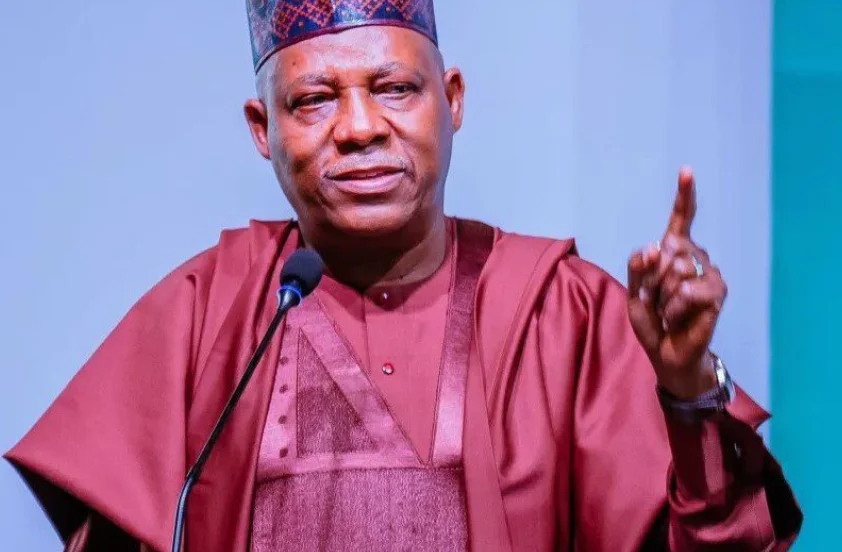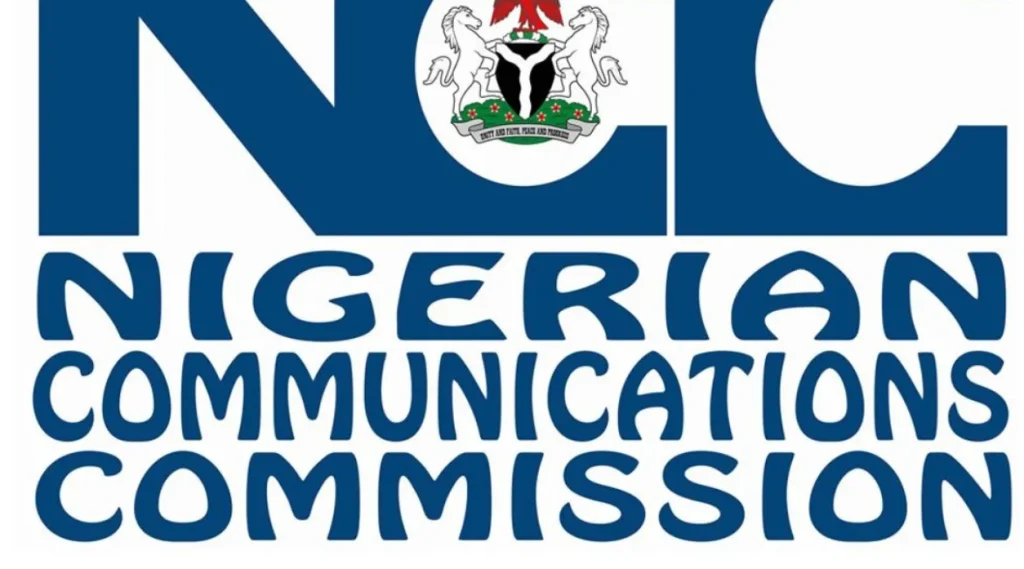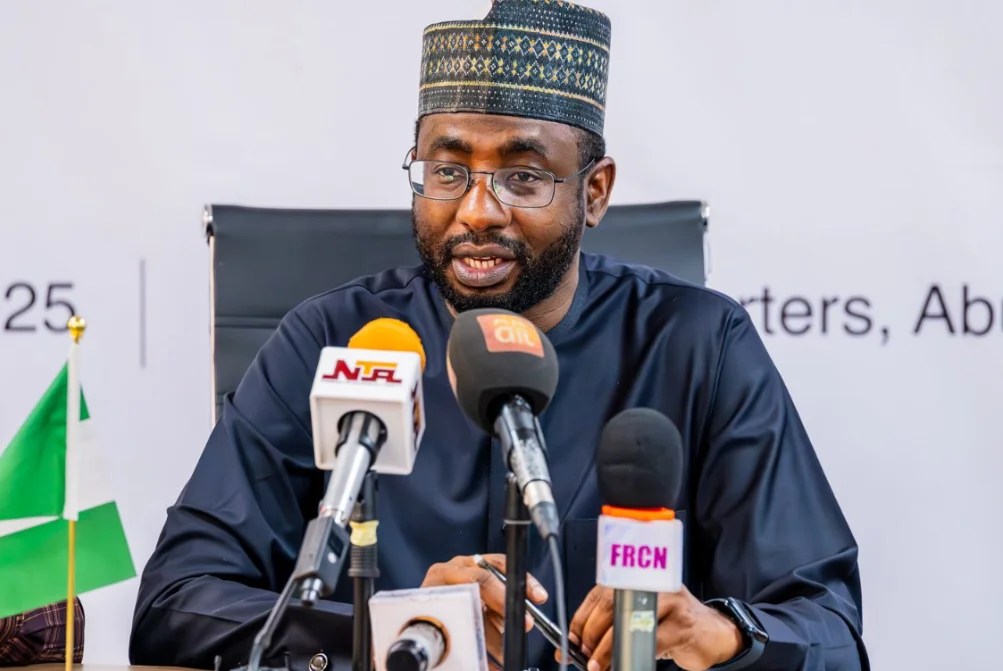Shettima: New Digital Economy Bill to Unlock Nigeria’s GovTech Revolution
Vice President Kashim Shettima has announced that the Federal Government is on the verge of unlocking a new phase in Nigeria’s digital transformation through the National Digital Economy and e-Governance Bill.
He described the bill as the next major policy shift that will spark a GovTech revolution, similar to how the cashless policy powered the country’s fintech boom.
Institutionalising Smarter Governance
Speaking at the Digital Nigeria International Conference and Exhibition 2025 in Abuja, Shettima said the new bill, currently in its final stages of enactment, will institutionalise smarter governance, deepen transparency, and enhance service delivery across the nation.
“Just as the cashless policy unlocked the fintech revolution, this new Bill will unlock the GovTech revolution—an era of smarter governance, greater transparency, and inclusive service delivery,” he stated.
Shettima noted that President Bola Ahmed Tinubu’s administration has stabilised Nigeria’s economy by ending years of volatility and uncertainty, creating a foundation for sustainable growth and innovation.
Restoring Investor Confidence
Highlighting recent global recognitions, the Vice President cited Fitch Ratings and Moody’s Investors Service upgrades of Nigeria’s outlook to “stable.” He said these reflect renewed investor confidence in the country’s economic direction and reforms.
“What this Administration has achieved is to end the regimes of volatility and unpredictability that once defined our economy,” Shettima said.
“The next phase is to ensure that these macroeconomic gains trickle down to the people, from the kiosks of our neighborhood traders to the boardrooms of multinational corporations.”
Three Pillars of Nigeria’s Digital Transformation Agenda
Shettima explained that the administration’s digital transformation agenda is anchored on three pillars. People, Infrastructure, and Policy, to position Nigeria as Africa’s most competitive digital economy.
1. People: Building a Digital Talent Pipeline
Under the People pillar, the government is developing a pipeline of digital talent through initiatives such as Digital Literacy for All (DL4ALL) and the 3 Million Technical Talent (3MTT) programme.
These initiatives aim to integrate digital education into school curricula and empower young Nigerians to thrive in the global knowledge economy.
2. Infrastructure: Expanding Broadband Access
For Infrastructure, Shettima revealed that the government is building a nationwide broadband superhighway through flagship projects such as the Bridge and Project 774.
The goal is to ensure high-speed internet connectivity across all 774 local governments, enabling startups in smaller cities such as Gusau or Makurdi to compete with those in Lagos and Abuja.
3. Policy: Creating an Innovation-Driven Ecosystem
On Policy, the Vice President emphasised creating an enabling environment for innovation and entrepreneurship. He said the government aims to leverage automation, artificial intelligence (AI), and data analytics to modernise public administration and drive GovTech adoption nationwide.
“The success of our cashless reforms has positioned Nigeria as one of the most dynamic fintech ecosystems in the world,” Shettima said.
“The next frontier is government technology—integrating AI and digital tools to make governance smarter and more efficient.”
Outlook: A New Era for Nigeria’s GovTech Ecosystem
The passage of the National Digital Economy and e-Governance Bill is expected to mark the beginning of a new era for Nigeria’s GovTech ecosystem, promoting transparency, efficiency, and citizen-centric governance.
With strong policy backing, digital infrastructure, and human capital development, Nigeria is positioning itself as a continental leader in digital governance and innovation.












